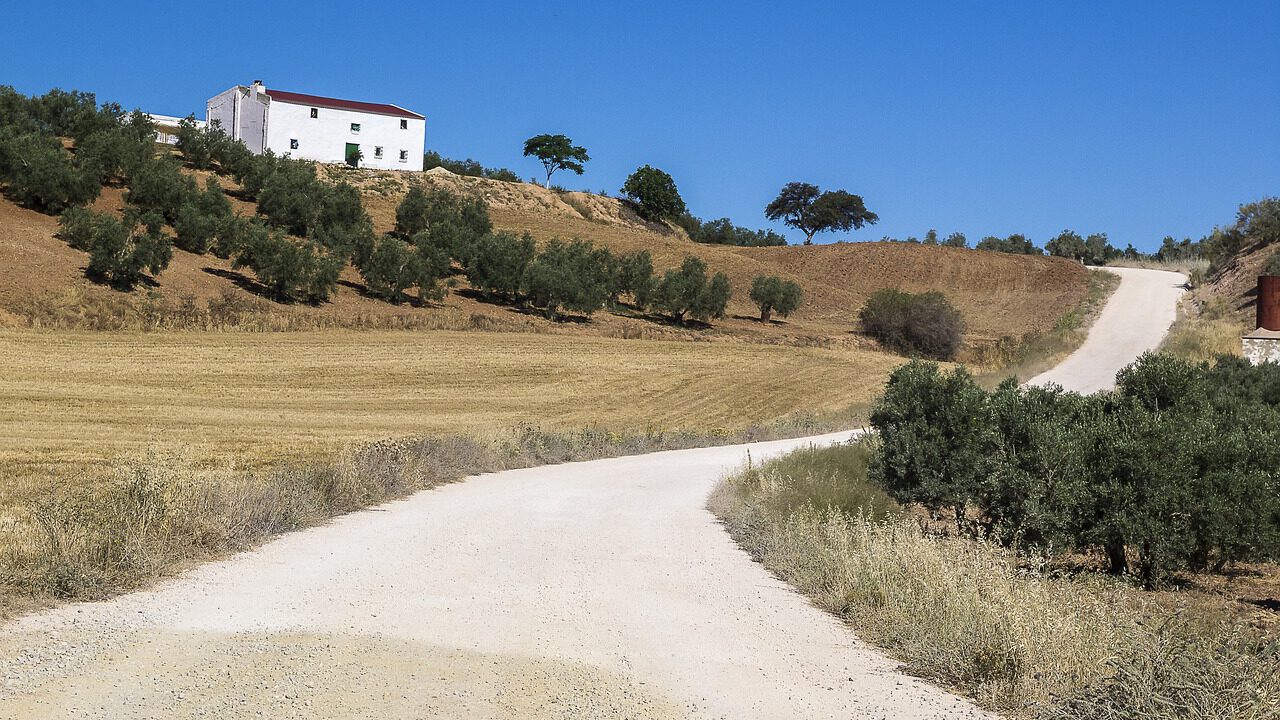Purchasing rural properties in Spain is an investment that can offer multiple benefits, from agricultural and livestock uses to recreational or environmental conservation purposes. However, these types of transactions have specific legal considerations that must be carefully addressed to avoid future problems. Below are the most relevant aspects to consider when buying a rural property in Spain.

1. Land Use Regulations:
Unlike urban properties, rural properties are subject to specific regulations regarding land use. It is crucial to verify that the property has the appropriate permits for the intended use. For example, if the land is to be used for agriculture, it is essential to comply with current agricultural regulations, including permitted crop types and sustainable agricultural practices. Similarly, if the property is intended for recreational or rural tourism activities, obtaining the necessary licenses and complying with local regulations is necessary.
2. Easements and Rights of Way:
Rural properties often have easements, such as rights of way or water use. These rights may belong to third parties and must be respected by the new owner. It is essential to review the Property Registry to identify the existence of these easements and understand their scope. Ignoring these restrictions can result in legal disputes with neighbors or other adjacent landowners.
3. Protection of Natural Heritage:
Some rural properties are located in protected areas or areas of special ecological interest. In these cases, additional restrictions exist to protect the environment and biodiversity. For example, logging, building construction, and the use of chemicals may be limited or prohibited. It is crucial to know these restrictions before making the purchase, as non-compliance can result in severe fines and the obligation to restore the damage caused.
4. Tax Considerations:
The purchase of rural properties also involves tax obligations. One of the most relevant taxes is the Transfer Tax (ITP), which varies depending on the autonomous community. Additionally, if the property generates income, such as from agricultural activities or rentals, it will be subject to Personal Income Tax (IRPF). It is advisable to seek tax advice to understand the tax implications of the acquisition and exploitation of the property.
It is essential to have the advice of a lawyer specialized in rural real estate law to ensure that all legal aspects are properly handled.